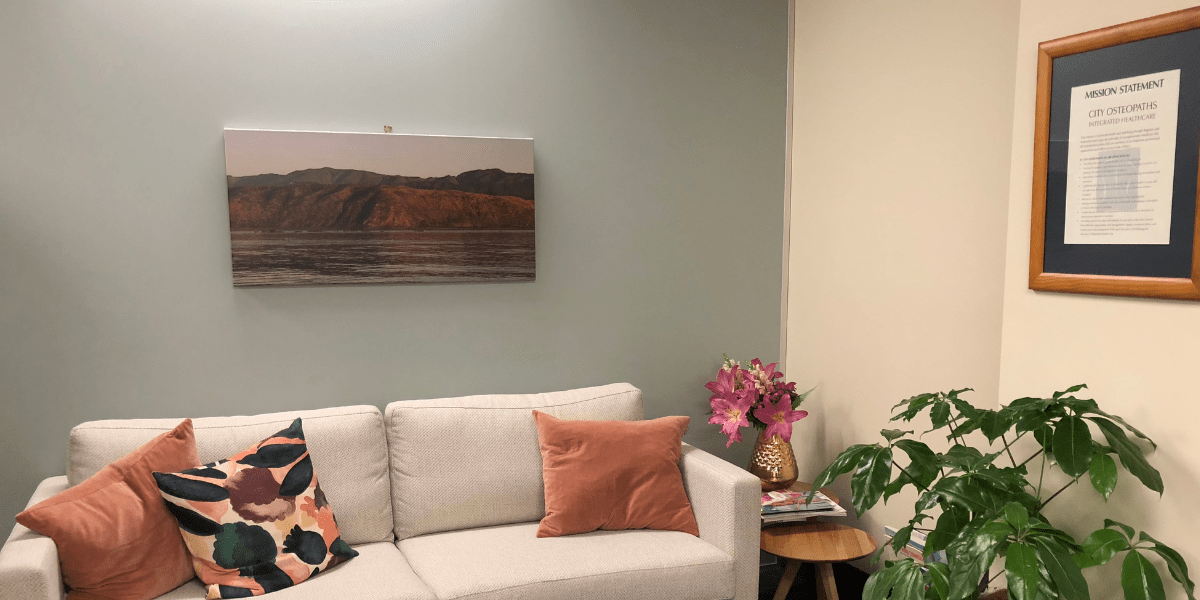Getting a good night's sleep is essential for our overall health and well-being. Yet, many of us struggle with sleep issues, from insomnia to restless nights and as we know, sleep deprivation can lead to a host of health issues, impacting both physical and mental well-being. If you find yourself tossing and turning at night, struggling to get the rest you need, homeopathy may offer a gentle and effective solution to help you improve your sleep quality naturally.
Homeopathy is a holistic healing approach that focuses on the body's innate capability to self-regulate and heal, and can be particularly beneficial for addressing sleep issues without the risks of dependency or side effects associated with conventional sleep aids. By treating the individual as a whole and addressing the underlying causes of sleep disturbances, homeopathy seeks to restore balance and harmony to the body, leading to improved overall health and well-being.
Several homeopathic remedies are commonly used to help support healthy sleep patterns and address insomnia. Remedies such as Coffea cruda, Passiflora incarnata, Cocculus and Nux vomica are known for their calming and sleep-promoting properties. Homeopathic remedies work by stimulating the body's vital force to restore balance and harmony, helping you achieve deep and restorative sleep. Remedies are carefully selected based on the principle of individualisation, where the remedy is matched to your unique symptoms and constitution. It is crucial to consult with a qualified homeopath to ensure that the remedy chosen specifically fits your specific symptoms and overall health profile.
In France, homeopathy is widely used and a major study (the ’EPI3 study’) followed 8559 patients attending GP practices to assess the effectiveness of homeopathic treatment. This study concluded that patients treated by GPs trained in homeopathy had similar clinical results as those treated with conventional medicine, but used fewer conventional drugs.
Conditions treated were upper respiratory tract infections, musculoskeletal disorders, and sleep, anxiety and depressive disorders. Patients treated with homeopathic remedies were less likely to be prescribed psychotropic drugs.
The mechanisms of homeopathy involve the principle of "like cures like" where a substance that can cause symptoms in a healthy person is diluted and potentized to treat similar symptoms in a person experiencing illness or imbalance. Homeopathic remedies are prepared through a process of dilution and succussion, which enhances their energetic properties and makes them safe and gentle for use. In the context of sleep issues, a homeopath will conduct a thorough assessment of an individual's symptoms, sleep patterns, and overall health to determine the most suitable remedy.
In addition to addressing sleep issues, homeopathy can also help address underlying factors that may contribute to poor sleep, such as stress, anxiety, depression, and hormonal imbalances. By taking a holistic approach to health and well-being, homeopathy aims to treat the root cause of sleep disturbances and promote overall balance in the body.
If you're struggling with sleep issues and looking for a natural and gentle approach to improve your sleep, consider consulting with a registered homeopath. By addressing the root cause of your sleep problems and supporting your body's natural healing processes, homeopathy can help you achieve restful and rejuvenating sleep, allowing you to wake up feeling refreshed and energised to tackle the day ahead.
1 Grimaldi-Bensouda L, Bégaud B, Rossignol M, Avouac B, Lert F, Rouillon F, Bénichou J, Massol J, Duru G, Magnier AM, Abenhaim L, Guillemot D. Management of upper respiratory tract infections by different medical practices, including homeopathy, and consumption of antibiotics in primary care: the EPI3 cohort study in France 2007-2008. PLoS One. 2014 Mar 19;9(3):e89990. doi: 10.1371/journal.pone.0089990. PMID: 24646513; PMCID: PMC3960096. https://www.ncbi.nlm.nih.gov/pmc/articles/PMC3960096/
2 Rossignol M, Begaud B, Engel P, Avouac B, Lert F, Rouillon F, Bénichou J, Massol J, Duru G, Magnier AM, Guillemot D, Grimaldi-Bensouda L, Abenhaim L; EPI3-LA-SER group. Impact of physician preferences for homeopathic or conventional medicines on patients with musculoskeletal disorders: results from the EPI3-MSD cohort. Pharmacoepidemiol Drug Saf. 2012 Oct;21(10):1093- 101. doi: 10.1002/pds.3316. Epub 2012 Jul 11. PMID: 22782803. https://pubmed.ncbi.nlm.nih.gov/22782803/
3 Grimaldi-Bensouda L, Engel P, Massol J, et al Who seeks primary care for sleep, anxiety and depressive disorders from physicians prescribing homeopathic and other complementary medicine? Results from the EPI3 population survey BMJ Open 2012;2:e001498. doi: 10.1136/bmjopen-2012-001498 https://bmjopen.bmj.com/content/2/6/e001498.full
To find out more about the author Sarah Click Here



